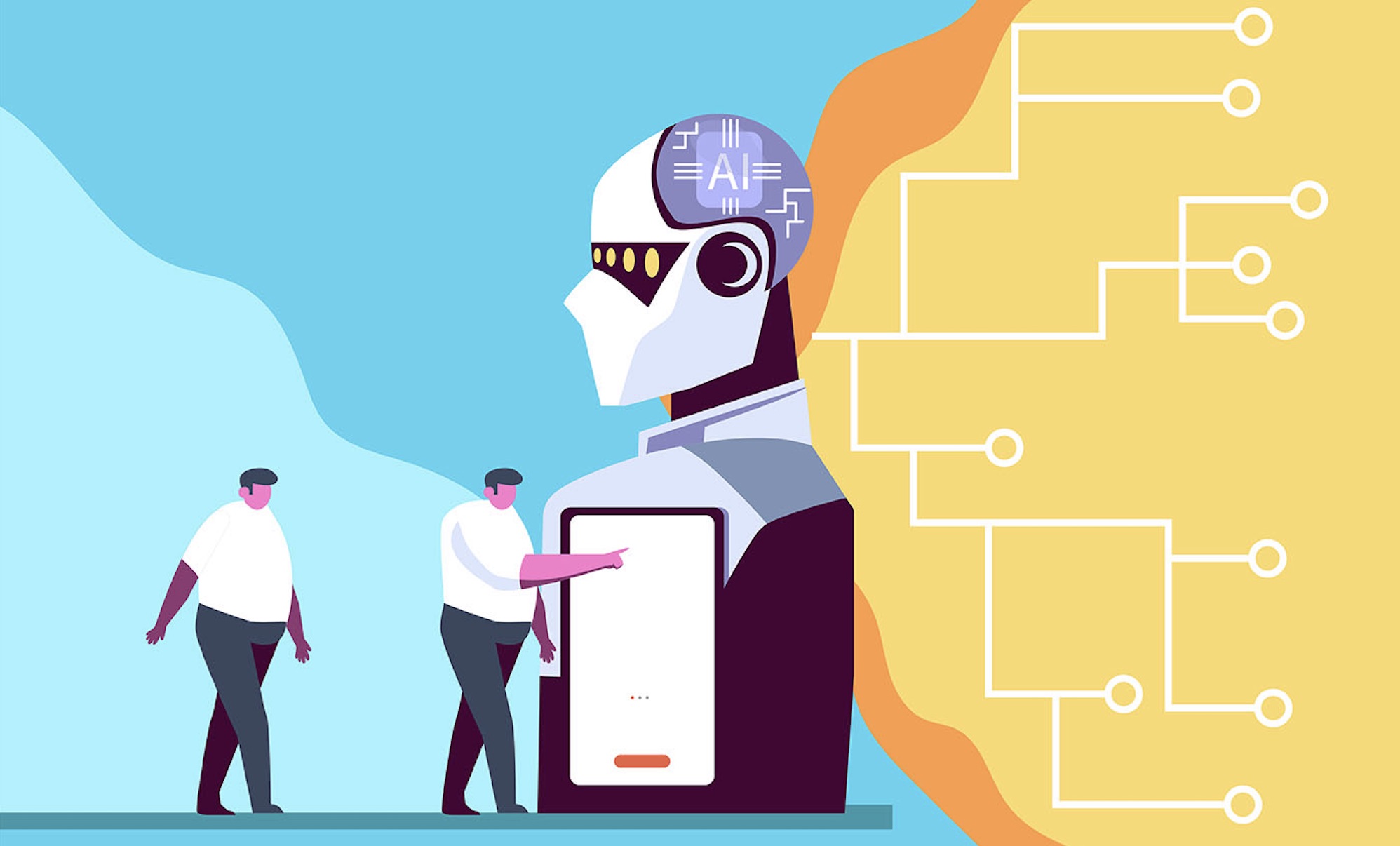
Neural networks are increasingly penetrating various spheres of human activity. In some areas, they serve merely as assistants, while in others, they become an indispensable tool. The field of law has not been an exception—here too, the capabilities of AI can be harnessed. However, AI can only work as an assistant in minor matters. AI cannot and will not be able to replace lawyers, attorneys, and especially judges for a long time since jurisprudence involves more than just impeccable knowledge of laws. Nonetheless, it’s worth considering what ChatGPT can do for lawyers, what its capabilities are, and what it has yet to achieve.
Do Neural Networks Exist for Lawyers?
Yes, there are specialized neural networks for lawyers, and there are quite a few of them. Since they are tailor-made for the legal field, AI assistance is more “professional” than that of Chat GPT. Nevertheless, AI remains an assistant—for lawyers or for individuals needing preliminary consultation.
How Can They Help?
Every neural network has its specifics and capabilities. Let’s look at five of the most popular AIs in the legal field.
Humata
This platform allows professionals to rid themselves of routine work with documents, while their clients can get basic consultations on many issues. You can register on the service through email. Among the artificial intelligence capabilities worth noting are:
- Analysis of uploaded documents (including the PDF format),
- Fast and convenient file search,
- Accurate response generation,
- Data encryption – ensuring complete confidentiality and security.
Users have access to several plans, including a free one.
AI Lawyer
A platform with an English interface designed for:
- Practicing lawyers, attorneys – to develop strategies and find solutions,
- Students – to gain more information and useful skills,
- Clients – for consultations, initial legal aid, and document drafting.
Legalese Decoder
An application utilizing artificial intelligence, machine learning, and natural language processing. It helps decode legal texts by analyzing and “translating” them into plain, simple language.
Legal Robot
A Russian-language resource intended for analyzing uploaded legal documents. Legal Robot assists in finding mistakes, inaccuracies, or incorrect formulations in contracts, acts, and other documentation.
Doczilla AI
An online service designed for document handling. It simplifies document preparation, development, or improvement, definition of terms, or searching for ideas for certain resolutions. The service is paid, but with modest rates. Russian is among the supported languages, making the service accessible to users in Russia.
Other AIs
As for non-specialized AIs, like the GPT chatbot, their utility is lesser. The neural network can help draft a “skeleton” of a contract, such as a sales agreement, but it will not consider nuances – one may as well use a standard contract sample available for free online.
In providing legal advice, artificial intelligence has performed well, but it’s more at a high school civics level. The answers to questions are legitimate, but the AI’s weak spot is referring to norms of law; the bot can confuse articles. Overall, neural networks lack specificity – they generate too “general” responses. Therefore, chatbots, whether models like OpenAI or others, can only be used as primary consultation tools or assistants. At best, AI could replace a law student rated ‘satisfactory.’ This was demonstrated in an experiment by the University of Minnesota Law School – Chat GPT received just such an evaluation on a test taken by students.
Tips
Certainly, a ChatGPT lawyer can be useful. However, it would be wiser to use specialized platforms where the neural network is trained in legal specifics. With ordinary neural networks, one can only search for information or create simple documents. Nevertheless, these tools can be used in companies or legal practice to simplify routine tasks.
Conclusion
Despite artificial intelligence’s wide application across various fields, it cannot yet be considered a competitor to living human beings. In the legal sector, diverse platforms, services, and tools can only become auxiliary solutions for routine tasks, facilitating work. However, human supervision is still essential.
As for popular chatbots, they can serve as legal assistants. But their maximum utility is expedited information search from publicly available resources and drafting simple documents based on standard templates. Relying on their competency for nuanced inquiries is not advisable – AI may err or respond inadequately. Moreover, it cannot replace a qualified lawyer or attorney.

